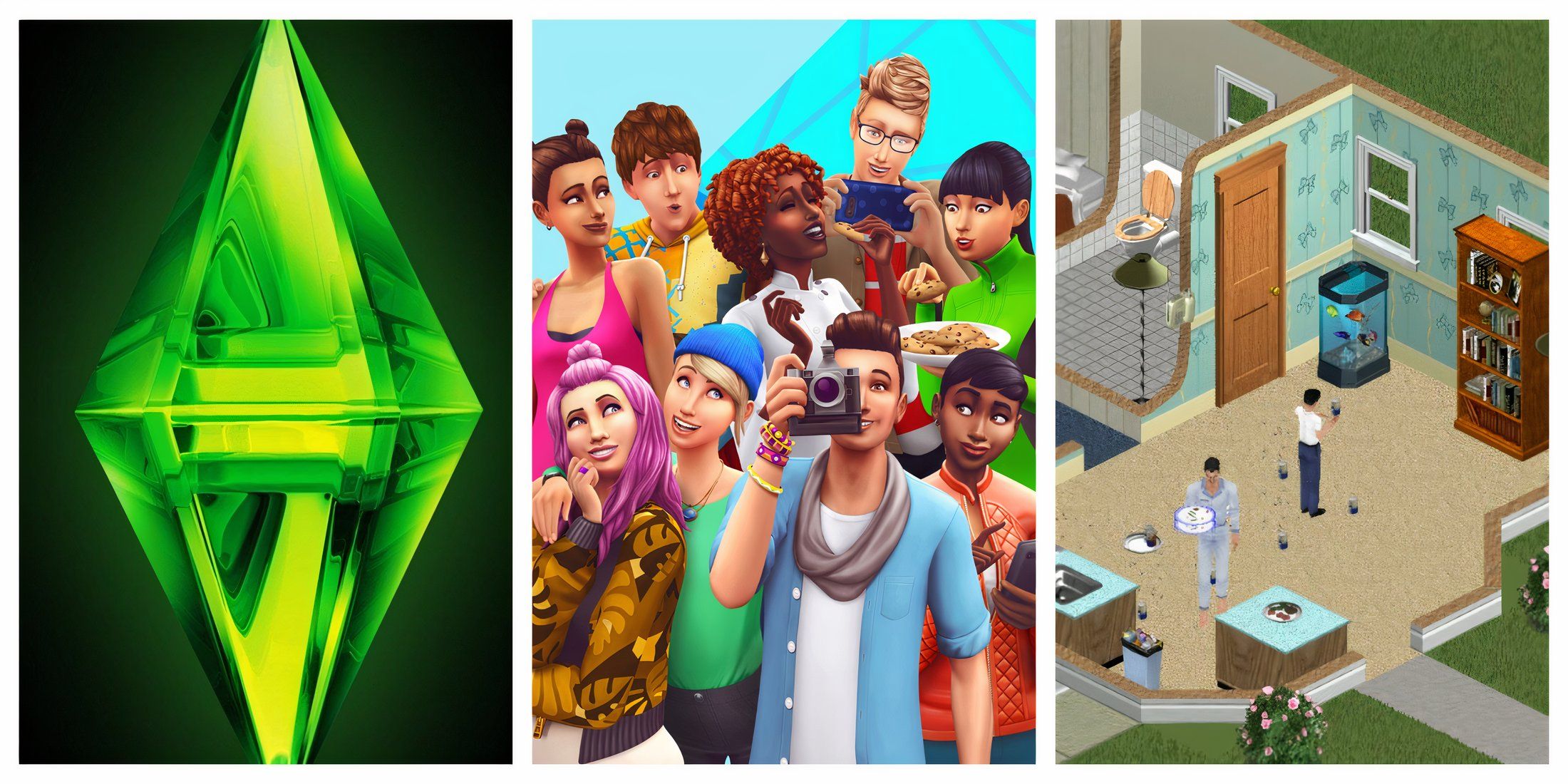What Makes Games Like The Sims So Rare?

The Unique Challenges of Competing with The Sims
The Sims series has maintained a dominant position in the life simulation genre for nearly 25 years, and its success is not easily replicated. While many have attempted to create a competitor, none have come close to matching its depth, complexity, or cultural impact. The reasons behind this are multifaceted, ranging from technical and financial hurdles to the emotional investment of its fanbase.
Building Complex Systems From Scratch
At first glance, The Sims appears to be a simple game: a virtual dollhouse where players control characters in a simulated world. However, each entry in the series is actually a collection of multiple games rolled into one. It includes base-building, interior design, fashion, dating, career progression, and more. Creating a single system that works well is a challenge, but designing an entire ecosystem of interconnected systems is an entirely different level of difficulty.
The Sims 2 demonstrated how these systems could be balanced effectively, offering both open-ended sandbox gameplay and structured loops that appealed to competitive players. Without this blend of creativity and structure, any would-be competitor may feel incomplete or unfulfilling.
Recreating a Relatable Modern World
One of the key strengths of The Sims is its ability to reflect the real world in a way that feels familiar and engaging. Unlike many other simulation games that use high fantasy or sci-fi settings, The Sims focuses on the everyday experiences of modern life. This relatability is a major factor in its appeal, but it also makes the game incredibly difficult to replicate.
Creating a convincing modern world requires attention to detail across various aspects, including technology, social interactions, and cultural norms. The developers at Maxis have spent decades perfecting this balance, making it hard for new competitors to catch up. Even if a new game starts in a simpler era, it would need to evolve quickly to match the depth and nuance of The Sims.
An Entrenched Fanbase
Beyond the technical challenges, there's another significant barrier to competition: the loyal fanbase. Many players have invested hundreds or even thousands of hours into the series, along with money spent on expansion packs, custom content, and mods. For these fans, The Sims is more than just a game—it's a creative outlet, a part of their identity, and a digital lifestyle.
Even those who are dissatisfied with certain aspects of the game, such as bugs or monetization practices, often continue playing. This deep connection makes it difficult for a new competitor to gain traction, especially when it lacks the same level of community support and content creation.
Underserved and Understudied Audience
Another factor contributing to the lack of competition is the target audience. The Sims appeals to a demographic that is often overlooked by mainstream publishers—particularly women and girls. While there has been progress in increasing female representation in gaming, many publishers still prioritize genres that cater to more traditional male audiences.
This oversight means that games like The Sims, which focus on relationships, social dynamics, and everyday life, are often considered less profitable. As a result, fewer resources are allocated to developing similar titles, leaving a gap in the market that remains largely unaddressed.
The Financial and Creative Hurdles
Finally, there’s the issue of funding. Developing a game like The Sims requires a massive investment, both in terms of time and money. While indie developers can excel in niche markets, they often struggle to match the scale and polish of a AAA title like The Sims 4. Even projects like Paralives, which are seen as potential alternatives, face immense challenges in replicating the depth and quality of the original.
Tools like AI can help smaller studios produce content faster, but they cannot replace the human touch that makes The Sims so unique. Handcrafted animations, diverse character designs, and intricate lifestyle options are all elements that require years of experience and a dedicated team to achieve.
In conclusion, the combination of complex systems, a relatable setting, a deeply loyal fanbase, and a lack of investment in the target audience all contribute to the dominance of The Sims. These factors make it extremely difficult for any competitor to break through and challenge the series' long-standing position in the life simulation genre.
Post a Comment for "What Makes Games Like The Sims So Rare?"
Post a Comment